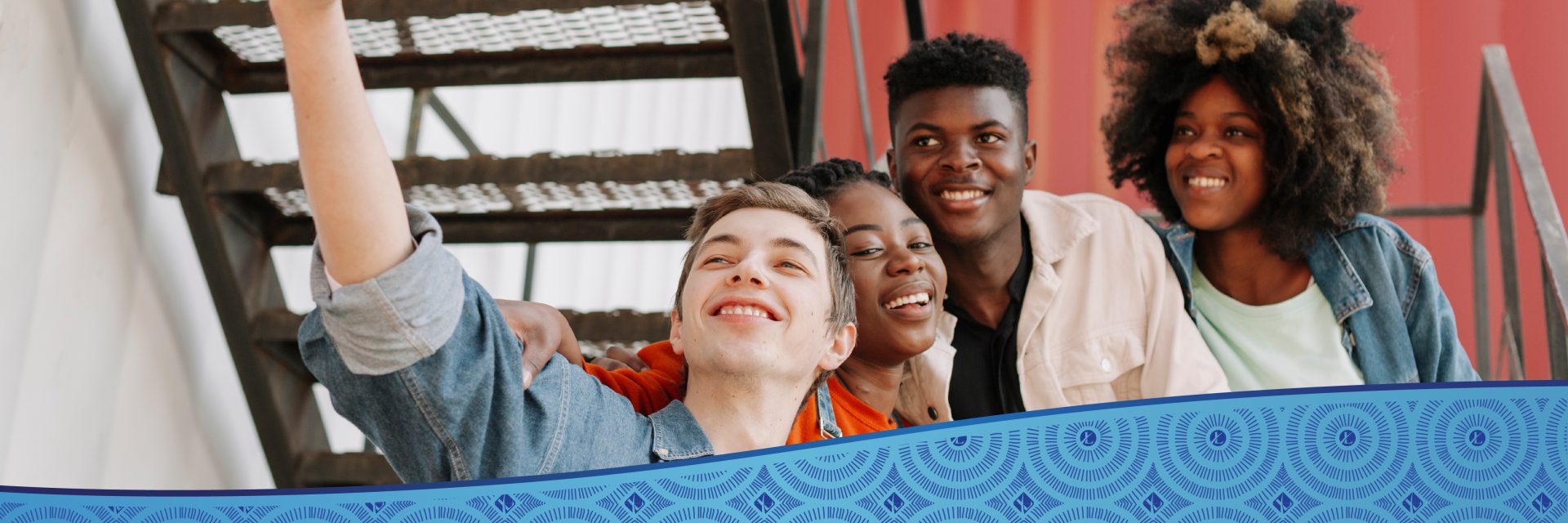
16 Jun Honouring Youth Day 2025: A Reflection on Learning
Honouring Youth Day 2025: A Reflection on Learning
Youth Day in South Africa commemorates the courage shown by young people who fought for their right to meaningful education in 1976, and it challenges us to reflect on how we are nurturing the minds of today’s youth.
This new generation is also seeking an education that connects with their lives, values, and the world they navigate daily.
We’re teaching a generation unlike any before, though. These young people have grown up in a hyper-connected, fast-paced digital world. They are curious, resourceful, and socially aware. However, education systems are often struggling to meet their evolving needs.
The World They Navigate
Today’s learners are constantly surrounded by information. They can access endless content with a swipe, tap, or click. They’re used to instant feedback, real-time communication, and the ability to personalise almost every aspect of their digital lives from playlists to news feeds. This has shaped how they process information, engage with ideas, and view the world. They value authenticity, relevance, and agency in what they do. They’re not content with passive learning, where information is simply delivered to them—they want to actively participate in the learning process. They’re curious about real-world issues, socially conscious, and motivated by purpose rather than routine. According to research by Roberta Katz, a senior research scholar at Stanford University’s Centre for Advanced Study in the Behavioural Sciences, postmillennials are typically self-driven, collaborative and diverse-minded. They value flexibility and authenticity, and they have a pragmatic approach to dealing with problems.
Yet, despite their digital competence and access to knowledge, many of them feel disengaged in learning environments. Why? Because the systems designed to teach them often don’t necessarily align with how they live, think, and interact with the world.
Connected Generation Challenges
One of the biggest frustrations for today’s learners is not understanding why they are learning something. When content feels disconnected from real life, it can seem pointless. They crave learning that feels meaningful, less about memorising facts, and more about understanding how knowledge applies in the real world. In a study of Generation Z’s learning preferences and technology, researchers explained that using technologies in learning should be meaningful in terms of real-life applications and context. They said that classroom instruction “should introduce technology that is used in industry, dissect how and when it is best used, challenge students to utilize it in a hands-on scenario, and then analyze and report the outcomes.”(Cain et al., 2022)
Today’s young people are used to personalising everything online, from their social media feeds to the content they watch. But in school, learning often feels rigid and the same for everyone. Standard curricula don’t always fit different learning styles, speeds, or interests. This can leave some students bored and others feeling like they’re falling behind. Long lectures or reading from textbooks without much interaction can be tiring, especially for learners who are used to more engaging, hands-on content.
Rethinking Education for a New Generation
While personalising every lesson in a large classroom isn’t always practical, offering choices can make a big difference. Let students choose how they present their understanding, perhaps through a video, a podcast, a written report, or even a piece of art. Imagine a learning journey where students can follow their curiosity, exploring topics that excite them, while still gaining the core knowledge they need along the way.
Technology is a tool that, when used wisely, can hugely enhance learning. Interactive platforms, educational apps, virtual reality, and online collaboration tools can make lessons more engaging. However, technology should support critical thinking, creativity, and connection, not replace them.
Learning That Lasts
While assessments are necessary, they shouldn’t be the sole focus. Celebrate progress, effort, and creativity, not just top marks. Help learners set personal goals and reflect on their growth over time. When the emphasis shifts from “What grade did I get?” to “What did I learn?” the pressure eases, and a genuine passion for knowledge can emerge.
Some of the most meaningful lessons don’t happen inside a classroom. A teenager might learn empathy from a podcast, resilience from a video game, or problem-solving while helping a sibling with homework. Today’s young people absorb knowledge everywhere through stories, screens, conversations, and experiences. The real gift we can offer them is to show that learning isn’t something you finish when school ends; it’s a lifelong adventure that opens doors, often when you least expect it.
Youth Day reminds us of the power of young voices in shaping the future. The learners we teach today are not just preparing for the world—they are already influencing it. To make education meaningful for them, we must listen, adapt, and meet them where they are. It’s not about making education easier; it’s about making it matter. When young people feel that their education is relevant, their voices are heard, and their potential is recognised, they don’t just show up—they thrive. And that’s the future we should all be working toward.
By Chantal Tarling

